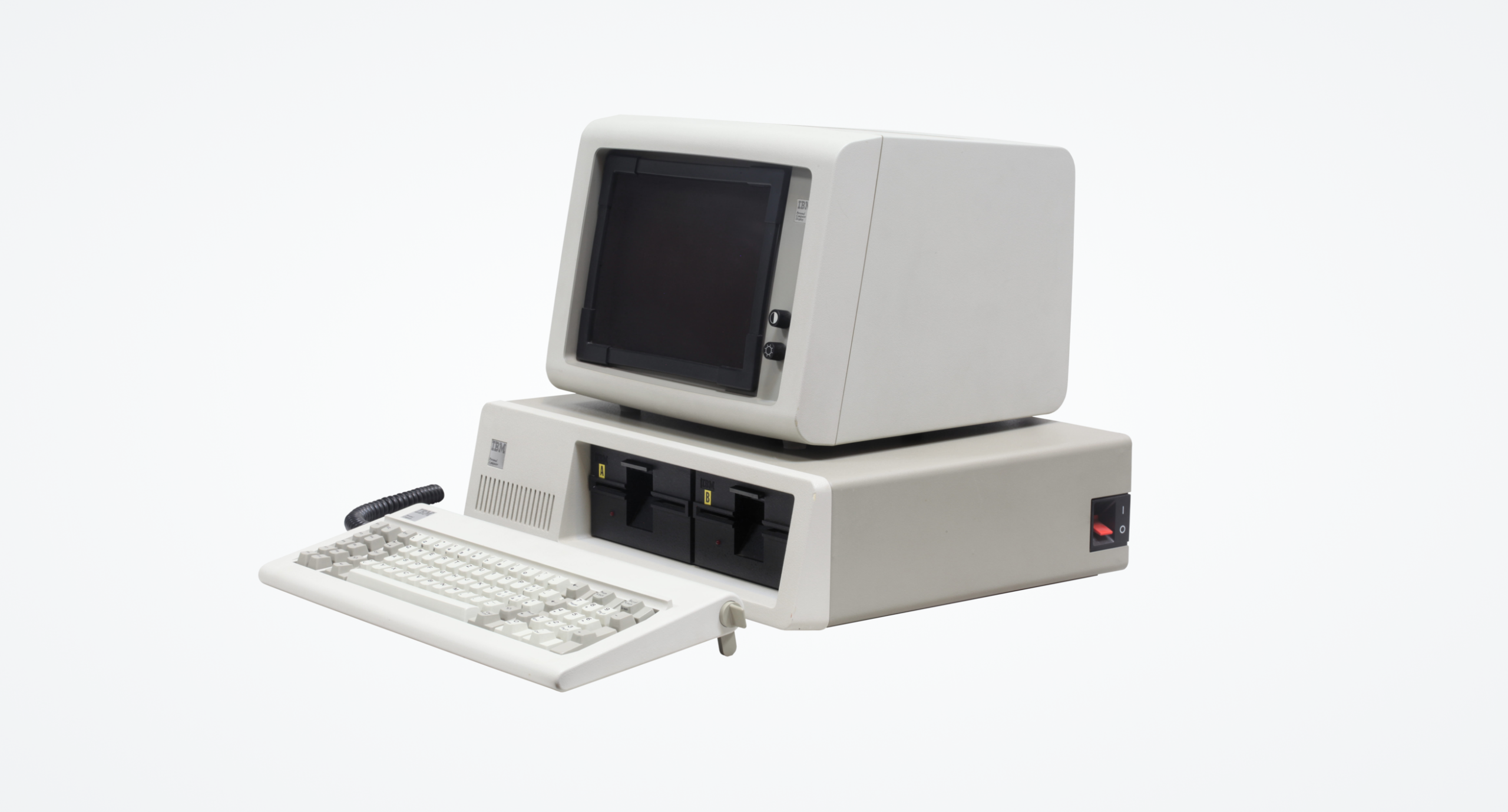Having enjoyed 40 years in the Information Technology industry as a Systems Programmer, Analyst Programmer, Software Architect, Systems Architect, Enterprise Architect, Program Manager and Senior People Leader, I have always thought of myself as a Software Engineer. I share my experiences regularly, I thought it was time to add a little order through this series of posts.
Does IT provide a job or a career?
I entered the University of Melbourne in 1979, blindly pursuing Maths, Physics and Chemistry thinking that’s what I was meant to do, but there was no serious thought of a career. Not surprisingly, that didn’t work out very well!
After a study break, I returned to the campus and stumbled into a lecture held by the Head of Computer Science, Prof. Poole, where he talked about easily finding work upon graduation – this IT thinga-me-bob is for me, I thought.
Fast-forward a couple of years to achieve the B.Sc. followed by an Honours year… by this stage, the ~350 students who started Comp-Sci first year had been whittled down to a cohort of 12, and I was working with a group of people much smarter than me. I finished higher than I should have in that cohort, but lower than I could have – and the distinguishing factors were simple – work ethic, focus and prioritisation.
I had discovered a passion, that would drive a career
This was genuine Computer Science where we learned Hardware, Operating System, System Architecture and Database fundamentals rather than the broader Information Technology degrees available today.
At that time, processing power was minimal, and memory a treasured resource… and so we learned the golden rule – ‘never store anything that you can compute’. If you’ve ever wondered how Y2K came to be such a problem, its genesis was in the way we were taught to write code and a belief that our code wouldn’t last that long! (I’ll come back to Y2K in a future post)
Why was memory such a treasured resource? I often like to reference a great presentation provided by Kolbeinn Arinbjarnarson to an Emirates architecture team in 2016 – when the Boeing 747 was launched in 1966, it cost the same as 1Mb of memory* for an IBM mainframe – storage was scarce back in the day, but has become ubiquitous now. (*we’re talking old school ‘core’ memory in an IBM Large Capacity Storage unit)
Computing power has evolved, the fundamentals skills remain
From a career perspective, this time at University taught me computing fundamentals, but almost nothing about being a developer in the real world. Importantly, I did learn a few critical things that have remained relevant throughout my career:
- Problems will often appear overwhelming. Every University assignment looked unsolvable at the outset, but decomposing them into manageable chunks always provided a path to a solution. (I often think about something that the hyper-intelligent hardware engineer Peter Feder once said to me – “It’s just software, you can do whatever you want in software”… that stung a little, but only because it’s true). There really is only one way to eat an elephant – one bite at a time.
- Computing resources are not unlimited. Moore’s Law is real, actually we seem to be accelerating, and sometimes ‘throwing tin’ at a problem is a reasonable solution – but it should be your last resort, not your first… so treat coding as an engineering discipline and do it properly by considering structure, efficiency, performance, maintainability etc.
My time at university was good, not great, now to find a job (ahm… start a career).



